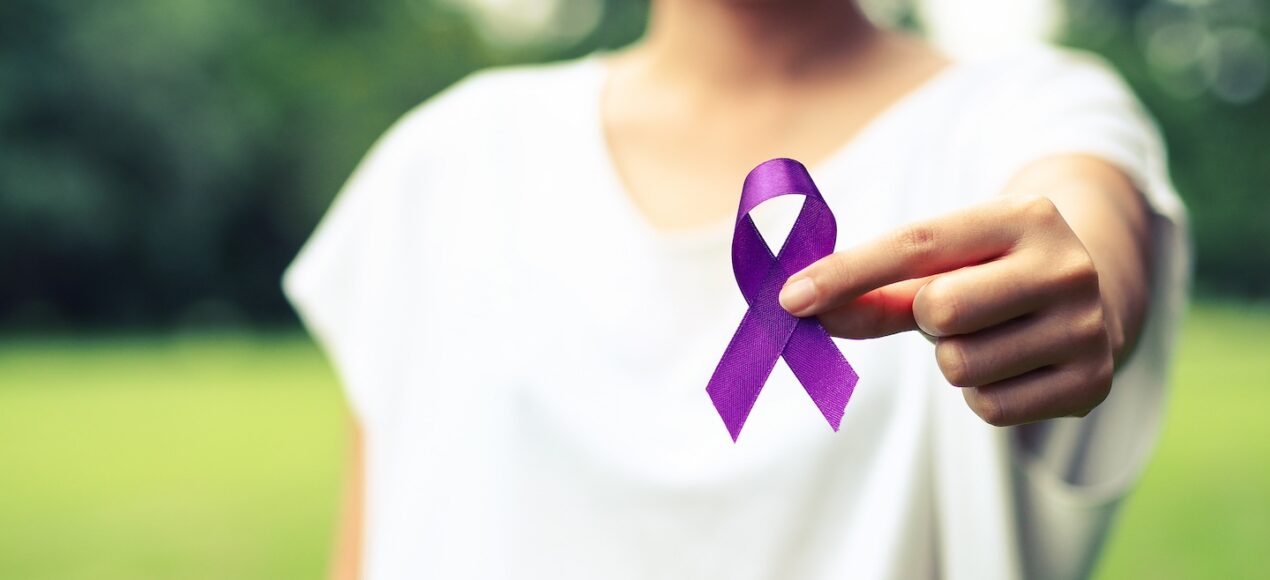Hope’s Destiny in Horsham, PA, offers evidence-based outpatient care for mental health and co-occurring disorders, empowering lasting change through compassionate treatment.
601 Dresher Rd, Suite 105, Horsham, PA 19044

Aug 31, 2024
Overdose Awareness Day raises awareness about fentanyl and other types of drug overdose. It also reduces the stigma associated with substance use disorders and drug-related deaths.
Read to learn more about Overdose Awareness Day 2024 in America and throughout the world, ways to show overdose awareness support for loved ones in addiction recovery, and the signs of overdose.
You will also learn about Hope’s Destiny’s addiction and mental health treatment services.
International Overdose Awareness Day (OAD) is a global event that takes place annually on August 31.
It is the world’s largest annual campaign to end overdose and substance abuse, remember those who have died or suffered an injury due to a drug overdose, and acknowledge the grief of drug overdose victims’ loved ones.
There are many ways to celebrate Overdose Awareness Day.
Here are some event and activity ideas for International Overdose Awareness Day:
Overdose and recovery are linked. People in addiction recovery are at high risk for overdose if they relapse and go back to substance use. This is because their tolerance is often lower than before they started treatment.
Additionally, people who have an active addiction are more likely to overdose due to high tolerances as well.
Overdose Awareness Day on August 31, along with National Recovery Month in September, highlights how drug overdose awareness is more important than ever before.
According to provisional data from the CDC, nearly 75% of the nearly 110,000 reported drug overdose deaths were attributed to opioids. In other words, we are in the midst of an opioid crisis or opioid epidemic.
Accordingly, overdose and drug overdose deaths have the potential to affect everyone, from lawyers and doctors to first responders.
Overdose awareness is important because it acknowledges the grief felt by friends and family as they remember those who have suffered an injury or died as a result of a drug overdose.
It is also important because it raises awareness about how overdoses are preventable and how people can take steps to help loved ones stay safer.
There are many ways to show overdose awareness support for loved ones in addiction recovery. Here are some tips to get you started.
First, you should keep communication lines open when supporting a loved one in addiction recovery. You can do this by regularly reaching out and asking questions about your loved one’s experiences with recovery and relapse.
Addiction and relapse can be sensitive topics, so remember to approach these conversations with empathy and without judgment. This will give your loved one a safe space to share their experiences and thoughts.
While communicating with your loved one, you should also pay attention to any signs that may indicate a potential relapse or overdose risk. That way, you can address any concerns when they arise and minimize risks.
You may also want to consider offering to help support your loved one in their recovery journey and learn the potential risks of overdose.
Depending on your schedule and what your loved one needs, this could involve:
You should also be familiar with overdose prevention strategies, such as how to recognize the signs of an overdose and how to use opioid overdose reversal medications (OORMs).
An example of an OORM is naloxone, a fast-acting drug that can temporarily reverse or reduce the effects of opioid overdoses.
You should regularly check in with your loved one to see how they are feeling and talk about any challenges they are facing. These challenges may include:
These check-ins will give your loved one chances to express their concerns. They also show the person that you are always there for them.
You should always stay mindful of your loved one’s recovery and the ongoing risks associated with overdose.
This involves educating yourself about the substances your loved one was using, understanding what may trigger a relapse, and being aware of the physical and emotional signs of an overdose.
The more mindful you are of your loved one’s recovery and overdose risk, the more support you can give them in maintaining sobriety and reducing the risk of relapse or overdose.
Finally, you should find new ways to spend time with your loved one.
Specifically, you should engage in activities that promote a sober lifestyle and help your loved one build new, positive experiences. Examples include attending and hosting sober events, participating in sports, and traveling.
Signs of overdose vary depending on the drug. Here are some of the most common signs in general:
If you or a loved one is battling substance abuse, you are not alone. Hope’s Destiny’s health services can help with addiction recovery if you are in or near Pennsylvania.
We provide a range of addiction recovery services, including partial hospitalization, support services, psychiatric evaluations, individual therapy, couples therapy, teen treatment, and family therapy.
Contact us today to learn how we can help people and families with addiction recovery. We are dedicated to harm reduction and promoting awareness of overdose deaths.

At Hope’s Destiny, we know that seeking help takes courage, and we’re ready to walk beside you every step of the way. Our personalized, evidence-based programs provide the support you or your loved one needs to build a stronger tomorrow because everyone deserves a chance to write their own story of recovery.
Copyright © 2026 Hope’s Destiny | All Rights Reserved
PRIVACY POLICY | TERMS OF SERVICE